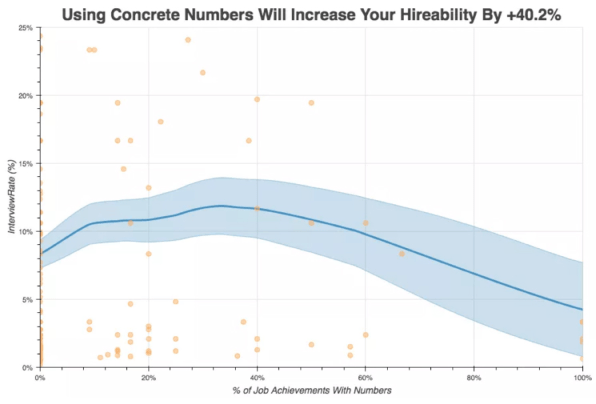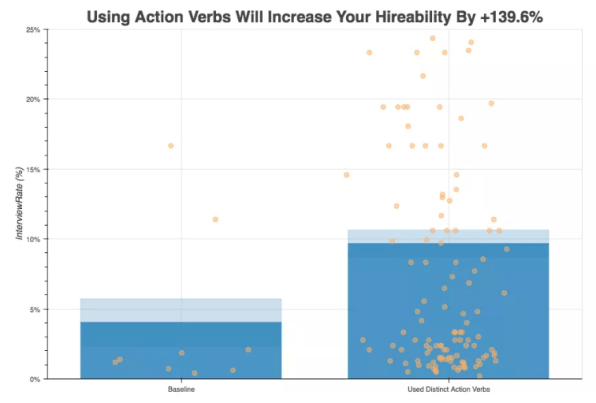Your #Career : #SalaryNegotiation Scripts For Any Job… Communication can Make or Break Discussions & Impact your Confidence to Get Paid Fairly.
Ask any job seeker or employee about salary negotiations and one of the most popular responses is, “I would negotiate but I don’t know what to say.” Having the right words to say, or write, during a salary negotiation is vital. Communication can make or break discussions and impact your confidence to get paid fairly.
Always remember, your talent is precious, and you deserve to be compensated for it. Learning to foster conversations about compensation is a vital skill that yields rewards.
First things first, determine your current worth in the job market. Use Know Your Worth to receive a custom salary estimate based on your title, company, location and experience. Once you have the information, it’s time to advocate for yourself.
Josh Doody, author of Fearless Salary Negotiation, knows how challenging it can be to learn to financially advocate for oneself. He took his first job without negotiating his salary. Once he got hip to the dance, he doubled that salary.
We teamed with Doody to equip job seekers and employees with exactly how to tackle tricky salary negotiation conversations.
Situation #1: Prying During the Prescreen
How should you respond when you’re asked about salary right off the bat? You want to demonstrate that you’re enthusiastic and cooperative, but you don’t want to tip your hand. Doody explains: “It’s a salary negotiation tactic disguised as a gatekeeper-type interview question.”
Suggested Script:
Recruiter: What’s your current salary?
You: “I’m not really comfortable sharing that information. I would prefer to focus on the value I can add to this company and not what I’m paid at my current job.”
If the interview team doesn’t know your salary, they can’t use it as their starting point. Doody writes, “that’s probably going to mean a higher initial offer for you.”
Recruiter: What’s your expected salary?
You: “I want this move to be a big step forward for me in terms of both responsibility and compensation.”
Doody points out, “sharing your current salary or your expected salary is not in your best interest. . . They’re interviewing you because you’re a qualified candidate, and they need a qualified candidate. . . They would also like to get a good deal. . They’re not going to stop interviewing you just because you don’t make it easier for them to get a good deal on you.”
If they pass because you won’t acquiesce, that’s a red flag. Doody says, “then they’re extremely motivated to get a bargain…That’s bad news for you even if you get the job.”
One last thing, resist the temptation to tell a white lie when asked for your salary during the prescreening process. If you underestimate what they’re willing to pay, you’re leaving money on the table. If the real answer is that they would compensate someone like you up to $75,000 dollars, and you guess they would pay a salary of only $65,000, you very literally may have just cost yourself $10,000.
If you overestimate and tell them your salary expectation is $85,000, you may set off red flags that cause them to rethink the interview process altogether. This is pretty rare, but you could disqualify yourself by being “too expensive” for them. If your expected salary is well above their budgeted pay range, they may just move on to other candidates with lower salary expectations.
The bottom line is you probably aren’t going to guess what their salary structure looks like, and if you try to guess you may cost yourself a lot of money.
Situation #2: Savvy Counter Offering
After you’ve secured an offer, Doody recommends using this formula:
“The counter offer calculator accounts for four factors—the base salary of your job offer, your minimum acceptable salary (“walk away” number), how badly the company needs you to accept the job offer, and how badly you need the job.”
Use “firm and neutral” language like this:
Suggested Script:
“Tom offered $50,000 and I would be more comfortable if we could settle on $56,000. I feel that amount reflects the importance and expectations of the position for ACME Corp’s business, and my qualifications and experience as they relate to this particular position.”
Or, if you had a competing offer:
“Thank you so much for the offer. As I mentioned during my interview process, I am speaking with a couple of other companies. If you’re able to move the pay to [fusion_builder_container hundred_percent=”yes” overflow=”visible”][fusion_builder_row][fusion_builder_column type=”1_1″ background_position=”left top” background_color=”” border_size=”” border_color=”” border_style=”solid” spacing=”yes” background_image=”” background_repeat=”no-repeat” padding=”” margin_top=”0px” margin_bottom=”0px” class=”” id=”” animation_type=”” animation_speed=”0.3″ animation_direction=”left” hide_on_mobile=”no” center_content=”no” min_height=”none”][insert your number], I’d be eager to accept.”
Doody explains that email is the perfect medium for this message. This way, the hiring manager can share it in a format that clearly makes your case to each person with whom it’s shared. Your case won’t get the same treatment if it’s restated recollections of a conversation.
The hiring manager will likely come back with a figure between your base salary and your counter offer. For Doody, the distance between these figures represents your “salary negotiation window.” He recommends compartmentalizing this window into increments. In the example above, the window is $6,000, so he recommends devising a response for each possible offer.
If, for example, the offer is $55,000 or above, Doody says it’s a taker.
“If the company comes back with $53,000, then you say ‘If you can do $54,000, I’m on board!’ If they stick with $53,000, then you would say, ‘I understand the best you can do is $53,000 and you can’t come up to $54,000. If you can do $53,000 and offer an extra week of paid vacation each year, then I’m on board.’”
Decide which benefits, like vacation time or flexible working hours, are most important so that you can apply them to bolster the deal. Rank those benefits in your mind and use those in your bargaining.
- Extra vacation time
- Work from home
- Signing bonus
If they do not accept your second-priority benefit, you move on to your third-priority benefit. Regardless of whether they accept your final response, then you’re finished; don’t get nit-picky or greedy. You have maximized your base salary and maximized your benefits as well.
Situation #3: Raises & Promotions
Doody explains: “Your primary reason for requesting a raise is that the salary you’re being paid doesn’t reflect your current value to the company. That salary was set some time in the past, so your argument is that you are more valuable now than you were. . . ” You have a fair justification. Now you need the right plan.
Start by mentioning, via email, to your manager that you’d like to discuss compensation in your next private meeting. After that conversation, Doodly advises preparing a strategically constructed, easily sharable salary increase letter.
Suggested Email Script:
“As we discussed, it has been [amount of time] since [“my last significant salary adjustment” OR “since I was hired”], and I would like to revisit my salary now that I’m contributing much more to the company. I’ve been researching salaries for [job title] in [industry] industry, and it looks like the mid-point is around [mid-point from your research]. So I would like to request a raise to [target salary].”
The letter should also highlight your accomplishments and accolades. Doody notes that if your proposal isn’t accepted on the first try, you can work with your manager to create an action plan.
“I would love to work with you to put together a clear action plan and timeline so we can continue this discussion and monitor my progress as I work toward my goal.”
Always remember, your talent is precious, and you deserve to be compensated for it. Learning to foster conversations about compensation is a vital skill that yields rewards.
GlassDoor.com |
[/fusion_builder_column][/fusion_builder_row][/fusion_builder_container]











